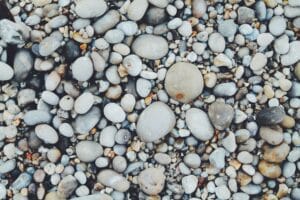
Kidney stones, hard deposits of minerals and salts, can form anywhere from your kidneys to your bladder. Intense pain can occur once the kidney stone dislodges and travels through your urinary tract, while most people find the greatest pain as they pass; however, pain sometimes is not felt at all.
If you’d like to prevent kidney stones, the Greater Hartford Urology Group has prepared a helpful guide, and should they form still, we’ll let you know what to do.
How to Prevent Kidney Stones
Common causes of kidney stones include certain medications such as calcium-based antacids, those who take diuretics, topiramate, and indinavir. If you are on certain medications, make sure to speak to your doctor to learn if they increase your risk of developing kidney stones and if there are alternatives you can take for prevention.
Other common causes include diseases or disorders affecting the urinary tract, kidneys, or GI tract. Speaking to a doctor, in the event you have one of those conditions can allow for you and them to come up with a preventative care plan individualized to you.
Aside from medication and medical conditions, most kidney stone formation is due to diet. According to the National Kidney Foundation, a lack of fluids and diets high in salt have been linked to higher chances of kidney stone formation. Making sure you are hydrated is a pivotal first step in preventing kidney stone formation.
What to Do If Kidney Stone Forms?
If you are experiencing stomach, abdomen, or pain near and around your bladder, you may suspect you have a kidney stone. In this case, seek medical attention. Diagnostic testing can be used to determine if you have kidney stones and, if so, where they are and the size of them.
In most instances, a doctor will be able to provide pain relief as you naturally pass the stone. However, if required, your doctor may be able to surgically remove the stones. In either case, visiting a doctor is the best way to make sure you’re receiving the care you need.
The Greater Hartford Urology Group Can Help With Kidney Stones
At the Greater Hartford Urology Group, located in Hartford, CT, we are dedicated to providing state of the art care. Kidney stones can be a painful condition, but dealing with them doesn’t need to be. Our experienced and caring physicians will guide you through your care options and explain any question you may have.
If you’d like to schedule an appointment give us a call at 860-522-2251.


